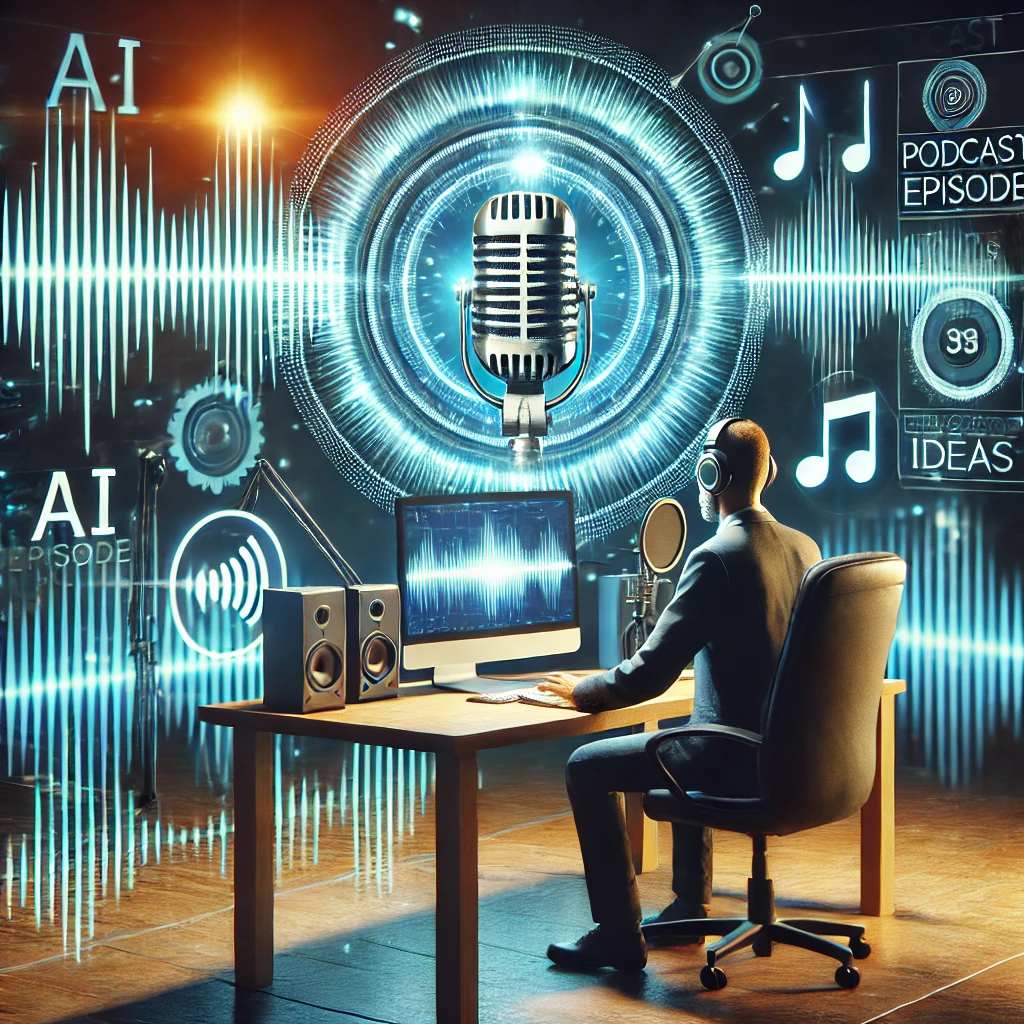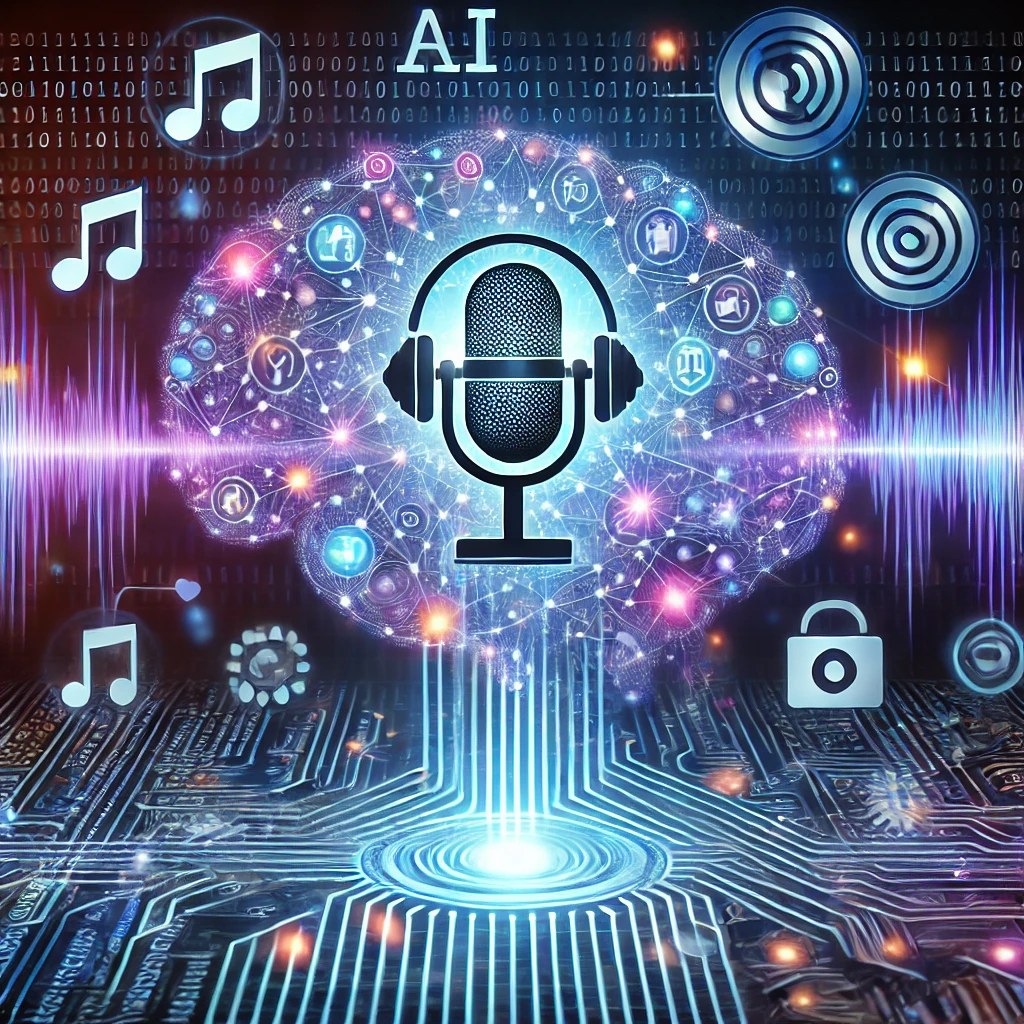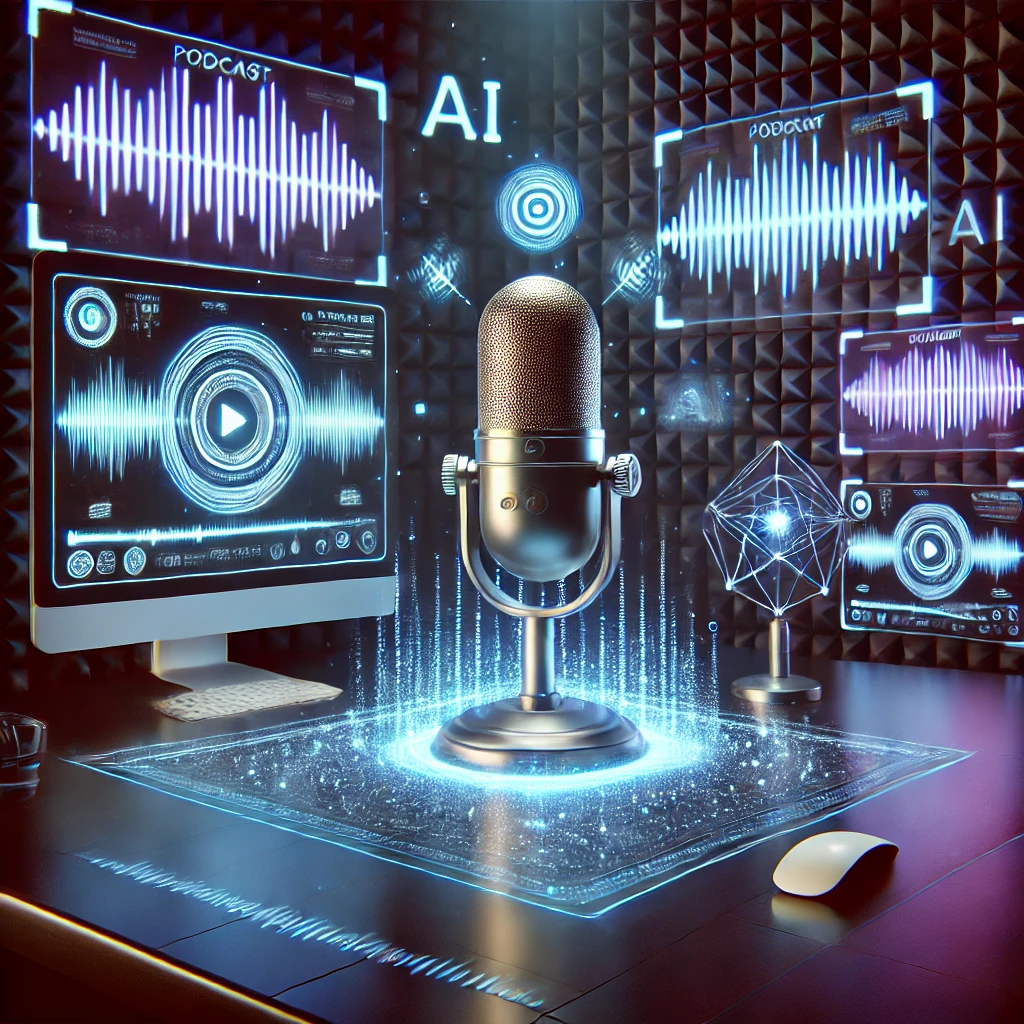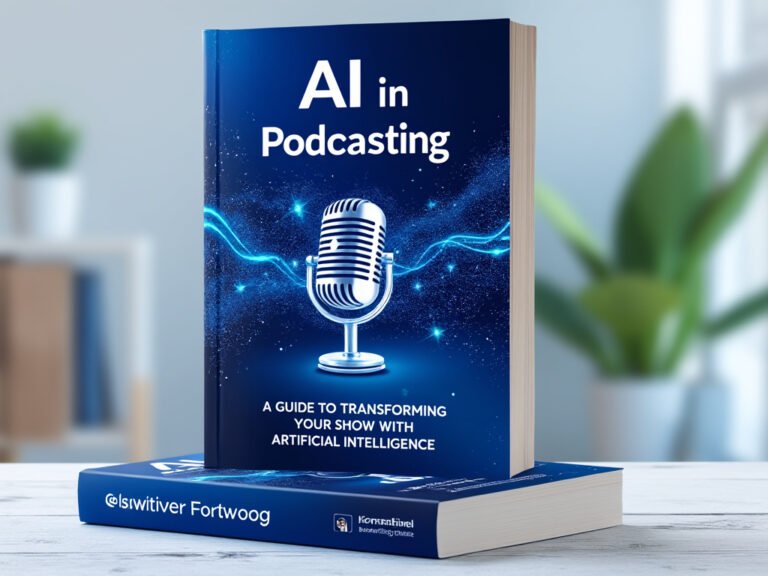
Podcasting has exploded in recent years, offering creators and listeners an incredible platform for storytelling, news, and in-depth conversations on every topic imaginable. With this rise comes the need for efficient content creation tools, and artificial intelligence (AI) is stepping up to meet that demand. Google's NotebookLM, a new AI tool powered by a large language model (LLM), is bringing a new wave of change to the podcasting world, introducing opportunities and challenges—notably, the rise of AI-generated or “fake” podcasts. As this technology evolves, the question remains: How will NotebookLM reshape the podcasting industry, and what should creators be mindful of?
What is NotebookLM, and How Does It Work?
NotebookLM is Google's latest AI innovation designed to mimic human conversation and streamline research. It builds on an extensive language model framework, which means it has been trained using vast amounts of data from books, websites, articles, and other digital content. Unlike many other AI tools, NotebookLM focuses on integrating more conversational nuances into its responses, making it capable of producing content that feels remarkably human.
NotebookLM promises a range of capabilities for podcasters. It can scan enormous datasets to extract relevant information, draft episode scripts, and simulate dialogue. It's a digital helper that can aid with creating content, conducting research, and engaging with the audience by generating custom episodes according to ongoing trends or listener interests.
However, these new capabilities come with the potential for ethical dilemmas. While efficient, AI-generated podcasts pose questions about authenticity and transparency. Let's explore the pros, cons, and implications of integrating AI like NotebookLM into podcasting.
The Emergence of AI-Generated Podcasts: New Frontier or Ethical Quagmire?
One of NotebookLM's most groundbreaking—and controversial—developments is its ability to generate entire podcast episodes. These episodes can be crafted using data, outlines, and even specific guidelines provided by human creators. However, the tool can also generate content autonomously based on topics it's been trained on, creating podcasts that sound surprisingly human.
This opens up a new frontier in podcasting where content can be mass-produced and customized without the host's direct involvement. AI-generated podcasts can include dynamic conversations, monologues, interviews, and story-driven content—all created with minimal human intervention. But is this necessarily a positive development? The answer isn't straightforward.
While AI-generated podcasts offer several benefits, they also raise ethical concerns. When listeners press play, they expect content that reflects genuine human thoughts, experiences, and emotions. Even if seamless, AI-generated content may need more depth and authenticity from real-life stories and interactions. It blurs the line between reality and artificial simulation, leading to questions about transparency and the nature of podcasting itself.

The Advantages of AI-Generated Podcasts for Content Creators
Despite the potential ethical challenges, the practical benefits of AI tools like NotebookLM are undeniable, especially for podcast creators looking to streamline their production process. Here are some of the ways AI can be advantageous:
- Efficiency and Time Savings: The creation process is one of the most time-consuming aspects of podcasting. Producing a podcast episode can be labor-intensive, from researching topics to writing scripts and editing audio. With NotebookLM, much of the podcast can be automated. The AI can draft scripts based on provided keywords or outlines, reducing creators' time on content creation.
- Consistent Content Output: One of the most challenging aspects of podcasting is maintaining a consistent release schedule. With AI-generated content, podcasters can fill gaps in their production calendar, ensuring listeners always have new episodes to engage with. This consistency is vital for building a loyal audience and increasing listenership.
- Customizable Content: NotebookLM can create tailored content for specific audience segments. Imagine a podcast that generates episodes based on listener feedback, current trends, or breaking news. This degree of personalization is challenging to attain without the assistance of AI because it necessitates ongoing oversight and swift generation of content.
- Enhanced Creativity: AI can act as a brainstorming partner for podcasters looking to explore new creative directions. NotebookLM can suggest episode ideas, provide outlines, and even simulate hypothetical interviews. This frees up creators to focus on refining their unique voices and experimenting with different formats.
- Cost-Effective Production: Hiring researchers, writers, and editors for a podcast can be costly. AI tools like NotebookLM can handle multiple aspects of production, cutting down on the expenses associated with human labor. This cost efficiency can significantly impact independent podcasters or small production teams.
The Ethical Dilemmas of AI-Generated Content
Despite these advantages, AI-generated podcasts have ethical considerations that podcasters must address. The most prominent concerns revolve around authenticity, transparency, and misinformation.
1. Authenticity and Trust: One of the core values of podcasting is authenticity. Listeners tune in not just for information but for the unique perspective and personality of the host. No matter how sophisticated, AI-generated content lacks the personal experiences, emotions, and nuances that come with human storytelling. This brings up an important ethical question: Should podcasters disclose when content is AI-generated?
Being transparent about the use of AI can help maintain trust with the audience. If listeners are unaware that what they're hearing is not directly from a human host, it might lead to feelings of betrayal and skepticism toward the content. On the other hand, if podcasters are upfront about incorporating AI, they might find that listeners are more accepting and even intrigued by the technology's role in content creation.
2. Risk of Misinformation: NotebookLM, like other AI models, may occasionally generate incorrect or deceptive information, mainly when they rely on unreliable sources. If AI-generated podcasts aren't carefully fact-checked, there is a risk of spreading misinformation to the audience. This is particularly concerning for podcasts in genres like news, health, or education, where accuracy is paramount.
3. Blurring the Lines of Human Creativity: AI-generated content also challenges the traditional concept of creativity. If AI can generate a podcast entirely, where does that leave the human creator? Does the host's role become an editor or curator rather than a storyteller? These questions reflect broader societal concerns about AI's role in creative fields and how it might impact jobs and human expression.
How NotebookLM Enhances Podcast Research
While the idea of AI-generated episodes may be polarizing, NotebookLM's potential as a research assistant is less contentious. For many podcasters, research is a crucial part of producing high-quality content. AI quickly processes large amounts of data, summarizes key points, and provides valuable insights, making research more efficient.
Imagine a podcast focused on historical events or scientific discoveries. Instead of spending hours sifting through books and articles, a podcaster can use NotebookLM to gather relevant information, outline episodes, and suggest discussion points. This allows creators to spend more time on content curation and less on data collection.
However, this efficiency has a caveat: AI-generated research must still be critically assessed. While NotebookLM can summarize and present information, it needs to understand the nuances or validate the accuracy of its findings in the way a human can. Therefore, podcasters should always review AI-generated research, cross-referencing with reliable sources to ensure their content is accurate and credible.

The Future of Podcasting: Embracing AI Responsibly
Integrating AI into podcasting is inevitable, but how it is embraced will shape the industry's future. AI like NotebookLM can enhance the production process, allowing podcasters to explore new creative avenues while maintaining a consistent content output. However, the human element of podcasting—personality, authenticity, and real-life experiences—remains irreplaceable.
Here's how podcasters can responsibly use AI to enhance their content without compromising their unique voice and connection with the audience:
- Use AI as a Tool, Not a Replacement: View AI tools like NotebookLM as collaborators, not substitutes. Use them to streamline research, suggest topics, and draft scripts, but always bring your personality, insights, and experiences into the final product.
- Be Transparent About AI Usage: Let your audience know when AI is part of the content creation process. Transparency builds trust and shows you respect your listeners' desire for authentic engagement.
- Prioritize Quality Control: Always fact-check and review AI-generated content before releasing it. This ensures that your episodes are accurate, reliable, and aligned with your podcast's values.
- Explore Creative Possibilities: Use AI to experiment with new formats and styles. Whether generating episode ideas or simulating interviews, AI can open up new ways to engage your audience while keeping your podcast's heart intact.
Conclusion: Navigating AI's Role in Podcasting
Google's NotebookLM and other AI tools present exciting opportunities and significant challenges for the podcasting industry. On one hand, they offer efficiencies in production, research, and content customization, allowing creators to scale their efforts and keep up with an ever-growing demand for content. On the other hand, they introduce ethical concerns around authenticity, transparency, and the risk of misinformation.
As AI becomes more integrated into podcasting, creators must navigate this new landscape thoughtfully. Using AI as a support tool while maintaining transparency and a commitment to quality, podcasters can leverage technology to enhance their storytelling without losing the human touch that makes podcasting a unique and powerful medium.
Key Takeaways for Podcasters
- AI tools like NotebookLM can significantly streamline podcast production and research.
- AI-generated podcasts pose ethical challenges regarding authenticity, transparency, and the potential spread of misinformation.
- Podcasters should use AI to augment their creative process, not replace it, keeping their unique voice and perspective at the forefront.
- Transparent communication about AI's role in content creation fosters trust and understanding with the audience.
By embracing AI responsibly and creatively, podcasters can harness its potential while continuing to provide engaging, human-centric content for their listeners.




